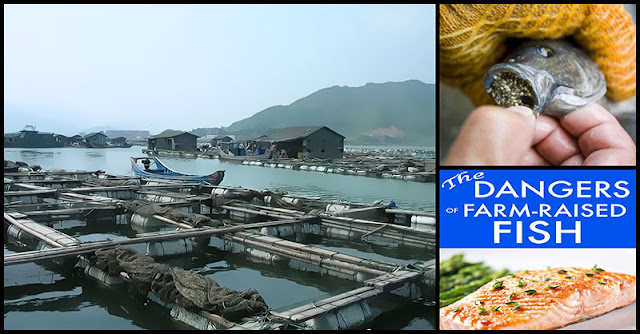In America and other parts of the world, tilapia has ended up being one of the most common fish. It’s affordable, not “shady” sampling, boneless and also skinless, and its hard to mess up by overcooking it.
However, the tilapia sold in any supermarket or on any restaurant menu is entirely a farmed fish. Farming is often done on an industrial scale wherein countless fish are being gathered on a daily basis. Farmed tilapia was usually given GMO corn as well as soy pellets, while in the wild, tilapia would just certainly consume algae and lake plants. The quantity of healthy fish oils in this farmed animal is nearly non-existent, thereby negating the primary reason why fish is so helpful for us.
Why Farm-Raised Tilapia Is So Bad For You?
Farm-Bred Fish Have Lower Levels Of Healthy Nutrients
Because we want to gain the omega-3 fatty acid advantage, many of us eat fish. Sadly, the omega-3 fatty acids found in farm-raised fish are less useful to our physical bodies compared to untamed bred fish. Likewise, farm-raised fish has a lower healthy protein content, has a tendency to be fattier, and could have a higher concentration of omega – 6 acids, which may cause irritation to the physical body as a result of the discrepancy.
Farm-Raised Tilapia Might Cause Inflammation
According to studies, consumption of tilapia may worsen the inflammation that can cause arthritis, heart diseases, bronchial asthma, and other various serious illnesses. In fact, the inflammation possibility caused by tilapia is much higher than that of pork bacon or burger. That’s why, if you want to eat more fish in order to get your dose of omega-3 fatty acids and lessen your risk of cardiovascular diseases, you might want to hold back on the Tilapia.
Dioxin Levels Are 11 Times Higher In Farm-Bred Fish As Compared To Untamed Fish
Dioxin is a dangerous chemical that can contribute to cancer cells and other various complications. Once dioxin enters our system, it can take a long time until it is discharged. The half-life of dioxin is about 7 to 11 years.
Farmed Fish Have At Least 10 Times The Amount Of Cancer-Causing Organic Pollutants Compared With The Wild Variety
Probably, this due to the feeds that are used on farm-raised fish. Evidently, poultry feces are just one of the main ingredients that enter farm-raised fish feed. Aside from this, the transfer of pig, as well as duck and chicken waste to fish farms, is also a very common technique.
Farm-Bred Fish Have Been Discovered To Have High Focus Of Antibiotics And Chemicals
To keep farm-bred fish alive, farm owners give them antibiotics to stave off disease. They are also treated with chemicals to contend with sea lice. The pesticides used to treat these fish are so fatal that they have caused an untamed salmon to die when accidentally exposed to them.









